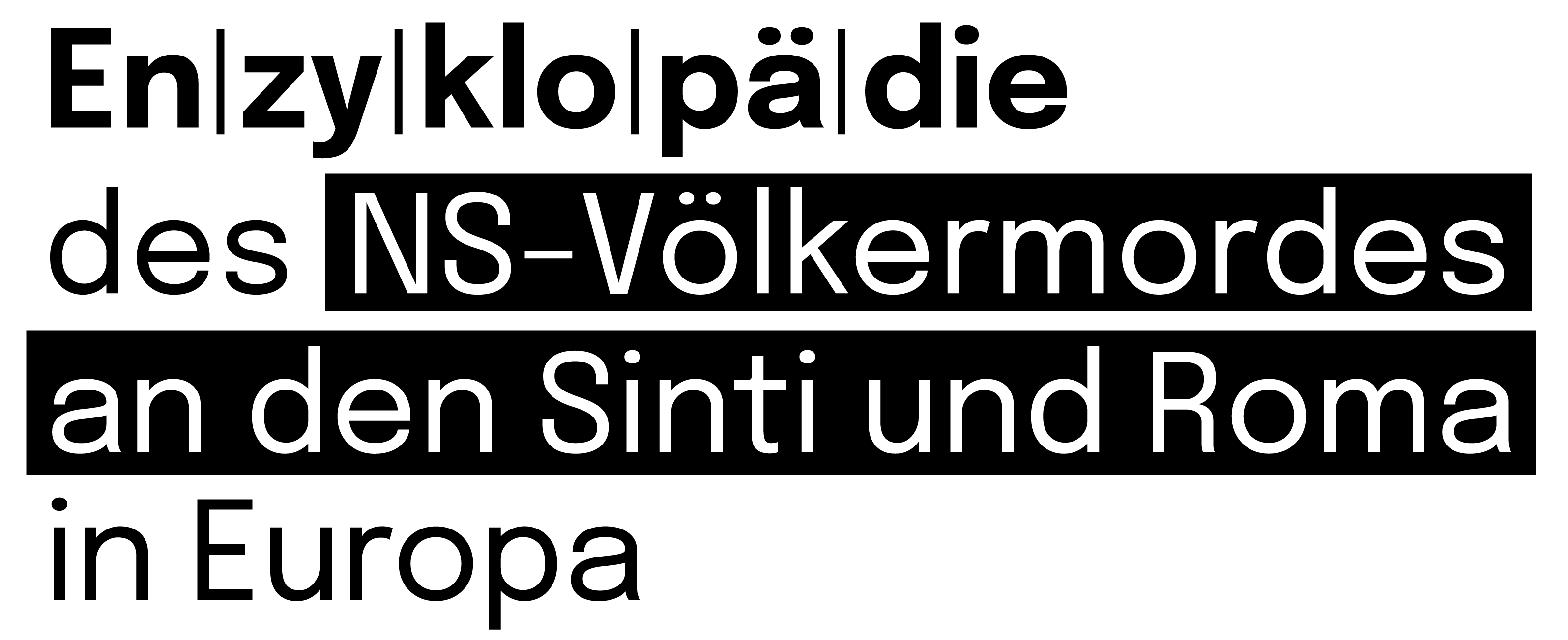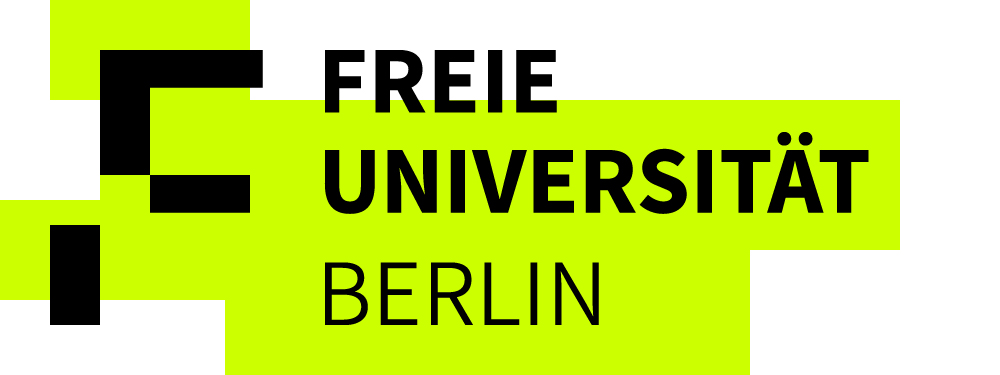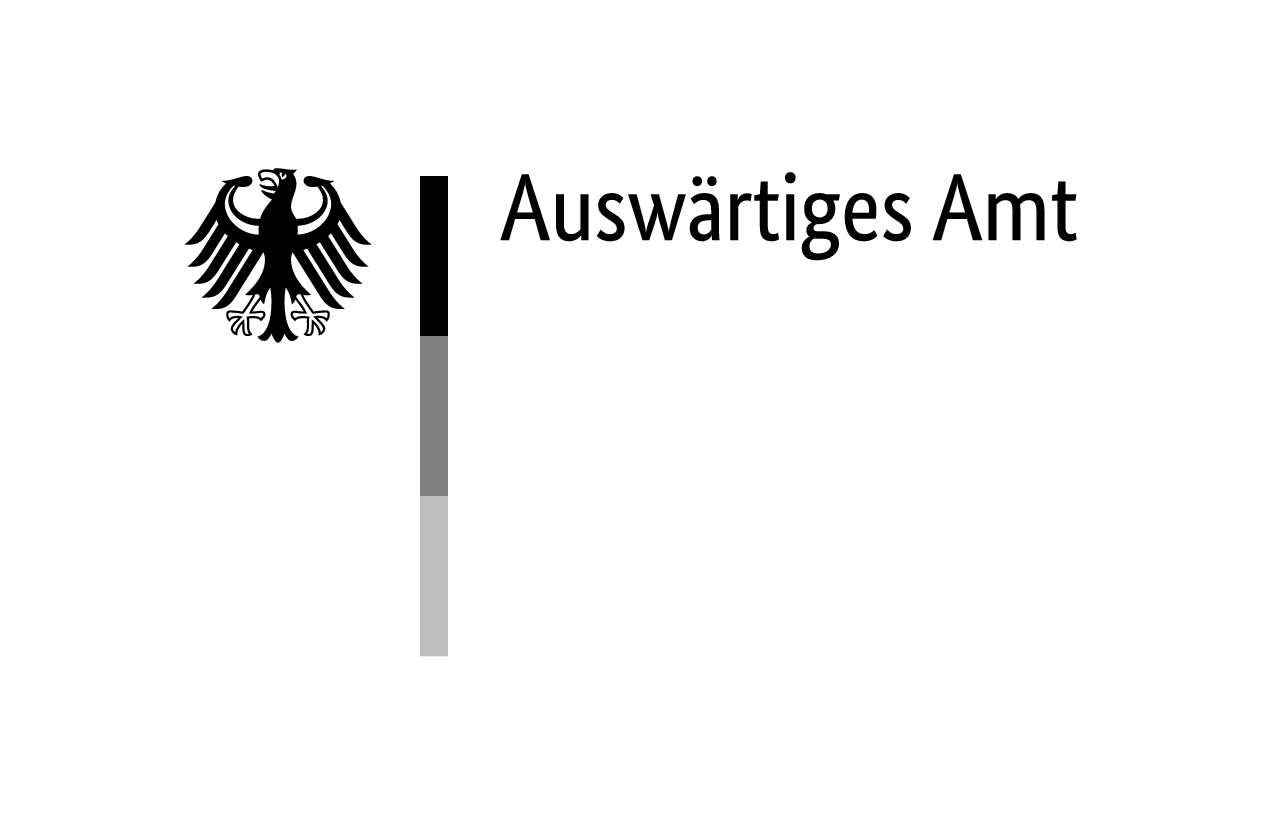Tomáš Holomek, born on 10 November 1911 in Svatobořice, Austro-Hungarian Empire and since 1918 Czechoslovakia, came from a Roma settlement called Hraničky, which was located between the town of Kyjov and the village of Svatobořice (Hodonín district) in South Moravia. His father Pavel Holomek (1882‒1944) held a position of respect in the settlement; he made a living as a horse dealer and later moved to Svatobořice, where he built a family house.
After graduating from secondary school in Kyjov, Tomáš Holomek began studying at the Faculty of Law of Charles University in Prague in 1932. He completed his studies in 1946 with the title of Doctor of Laws and thus became the first Czechoslovak Rom with a university degree. In addition, he was a keen athlete and was also fluent in Latin, German and French and played the violin.
Survival in Hiding
Following the mass deportations of Roma and Sinti from the Protectorate of Bohemia and Moravia to Auschwitz-Birkenau concentration and extermination camp in 1943, Tomáš Holomek went into hiding in the forests and Romani settlements in Slovakia until the end of the war. His father and five brothers perished along with many other relatives in Auschwitz-Birkenau and other concentration camps. His non-Roma wife and two children escaped Nazi persecution by hiding with relatives and friends.
Civil Rights Movement
After the war, Tomáš Holomek worked as a lawyer in the local committees (municipal administrations) in Hodonín and Gottwaldov (now Zlín) and then became a military prosecutor with the rank of colonel. In 1969, together with his nephew Miroslav Holomek (1925‒1989), he founded the Union of Gypsies-Roma, where, among other things, he focused on the issue of compensating Roma for the Nazi racial persecution. He was also one of the founding figures of the international Romani movement. As a member of the Communist Party of Czechoslovakia, he served as a member of the Czech National Council and the Federal Assembly from 1969 until 1971. Tomáš Holomek died 25 October 1988 in Brno.
Legacy
Tomáš’s son Karel Holomek (1937‒2023) graduated from the Faculty of Engineering of the Military Academy in Brno. He then headed the Training Centre for Artistic Locksmithing and Blacksmithing established by the Union of Gypsies-Roma within their Névodrom project in Brno, but by the 1980s he was forced to work in a variety of unskilled jobs. At the same time, he was involved in activities against the communist regime until its collapse in 1989. He then served as a member of the Czech National Council from 1990 until 1992.
In 1991, he became a leading figure in founding the Museum of Romani Culture in Brno together with his daughter Dr Jana Horváthová (born 1967), historian, museologist and later director of the Museum. In 2001, Karel Holomek became the head of the non-profit organisation Association of Roma in Moravia, Brno. One of his important activities was the commemoration of the Nazi genocide of the Roma. Under the pseudonym Karel Oswald, Karel Holomek wrote the book ‘Dávné vzpomínky: Marnost nad marnost, ale jak krásná…‘ [Distant memories: Vanity of vanities, but how beautiful…], which was published in 2010 and describes the history of his family, including the tragic history during World War II. Karel Holomek died on 27 August 2023.




